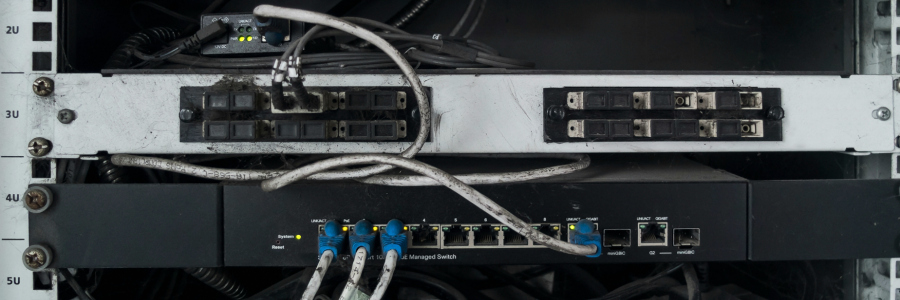Before you think about purchasing new servers, ask yourself some crucial questions that can help you make informed decisions, minimize risks, and maximize the benefits of the upgrade. By carefully evaluating factors such as performance requirements, scalability, budget constraints, and future business needs, you can ensure a smooth transition to new server infrastructure.
Is it time to upgrade? Key considerations before replacing your servers
What your business needs to know about Microsoft Exchange Online

Email server platforms help businesses keep track of communications, schedule appointments and meetings, and manage tasks. These platforms are typically hosted on premises, but businesses are increasingly using cloud-based versions of email servers. Microsoft Exchange Online is one of these cloud-based options, and it offers some distinct advantages for businesses.
Things you need to know about hosted Exchange

Business email servers such as Microsoft Exchange often need infrastructure investments that may be beyond a small business’s budget. A good way to deal with this issue is by using hosted Exchange services.
What is Microsoft Exchange?
Microsoft Exchange is a messaging system that offers businesses a number of services, including email, calendaring, task management, and address lists.
Replacing servers? Consider these 3 questions first
The benefits of hosted Microsoft Exchange for your business
Considerations for server replacement

If you’re thinking about replacing a server for your small business, then that probably means your company is experiencing success and is starting to grow. That’s great news. But is it really time to invest in a new one? Or does waiting too long risk slowing your business down? Either way, it’s important to consider your decision carefully.
What you need to know about hosted Exchange
What goes into a business continuity plan?

Events out of your control can disrupt your business operations. While you can’t necessarily control the unexpected, you can take some precautions to prevent most business disruptions. Here are some things to consider when developing a business continuity plan (BCP).
Backup your data, applications, and servers
Today, companies are more dependent than ever on IT and data.


